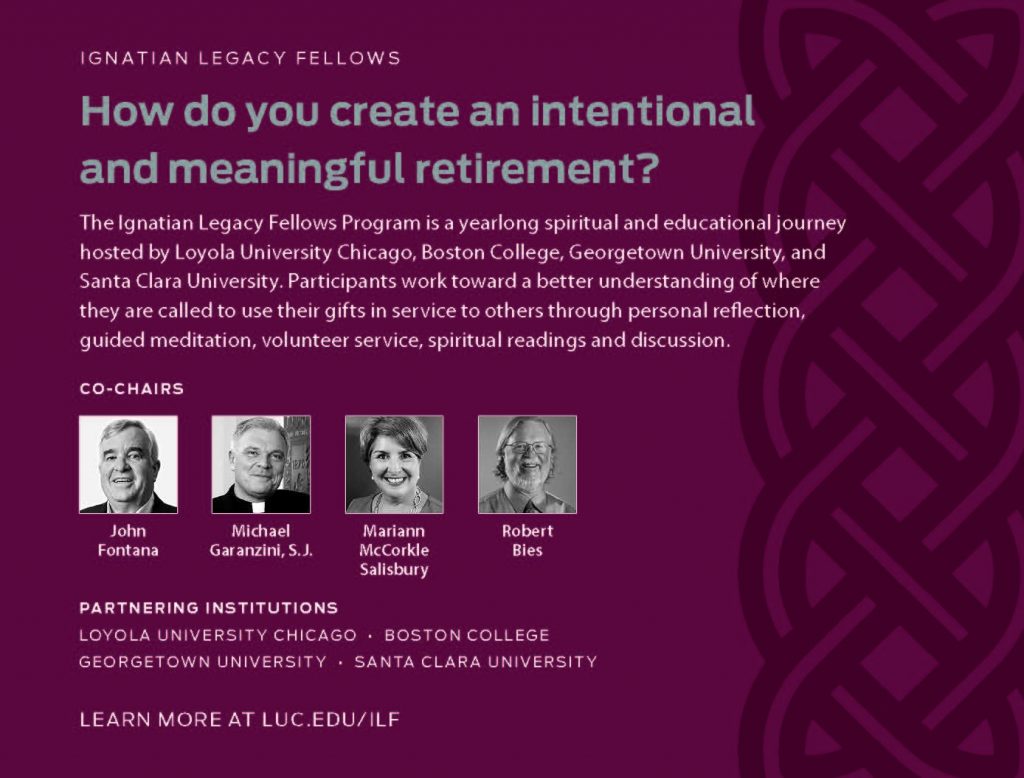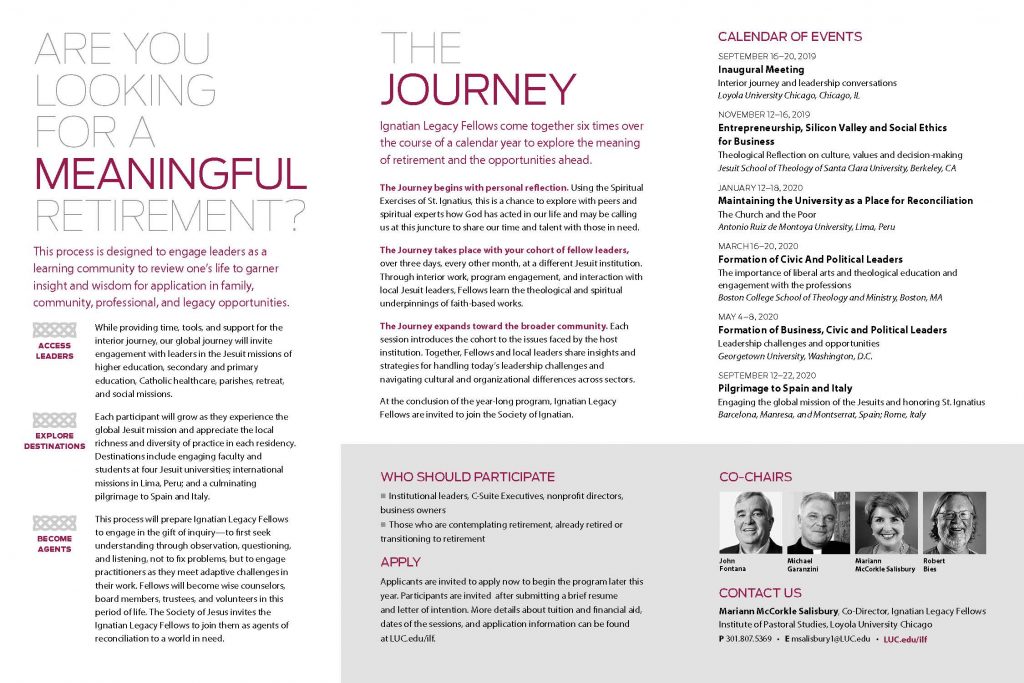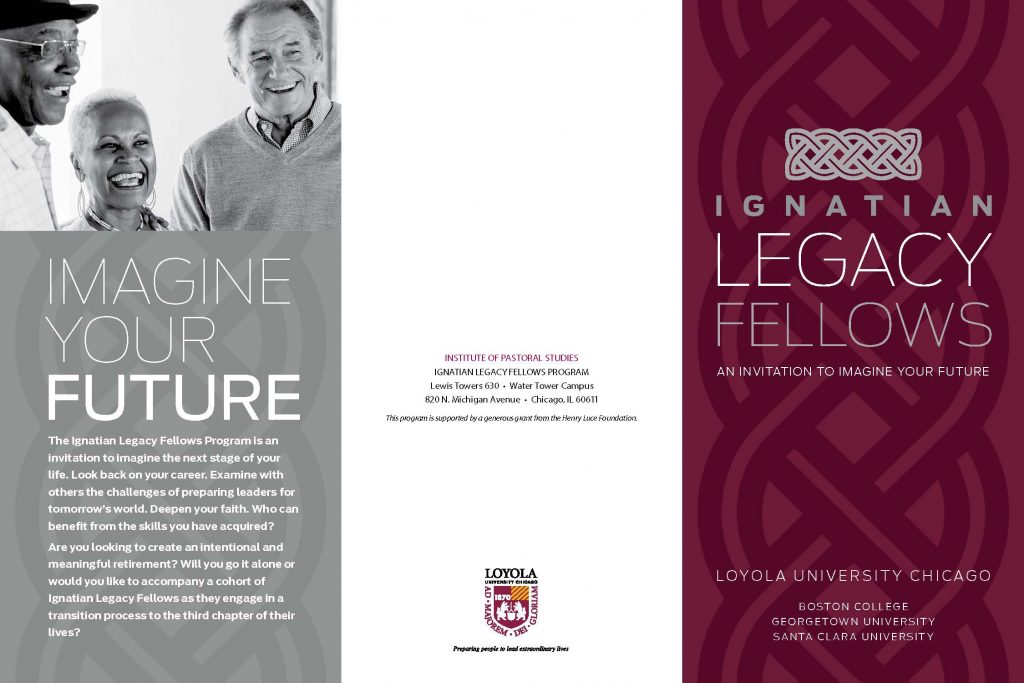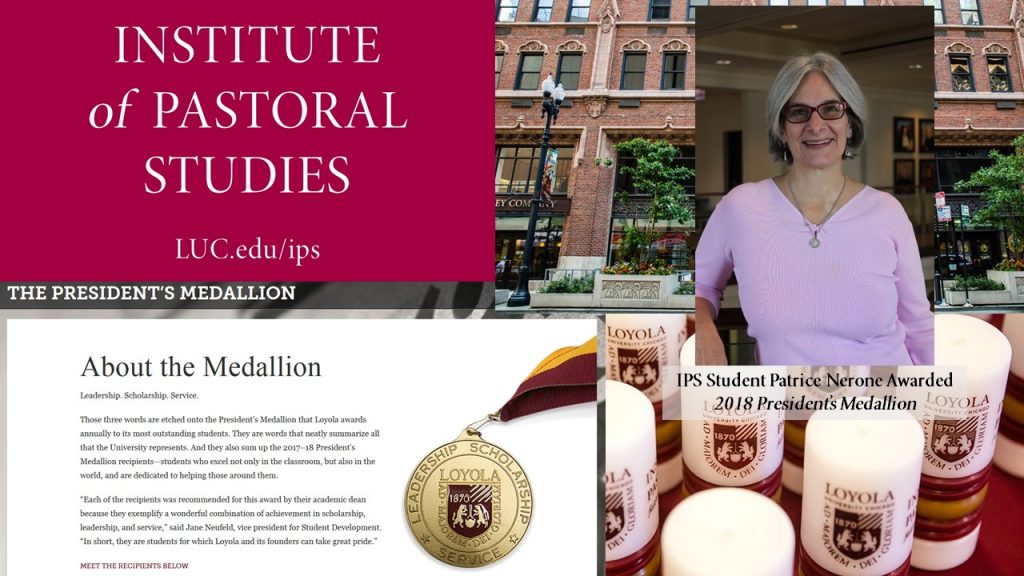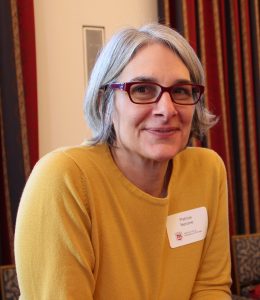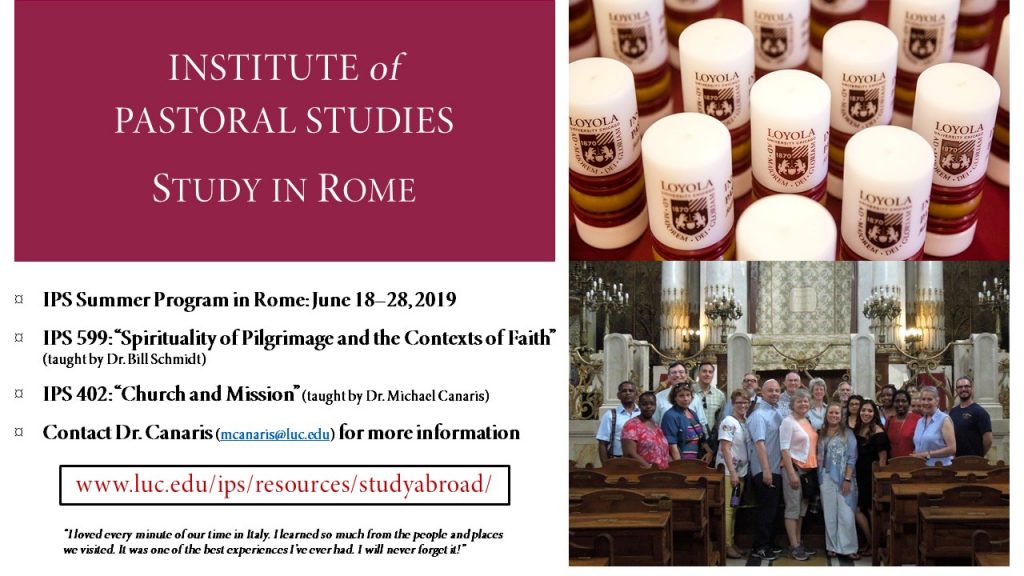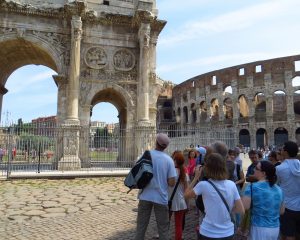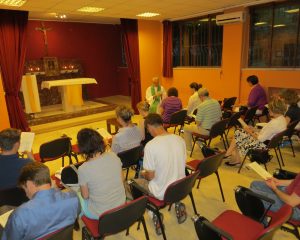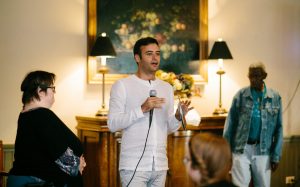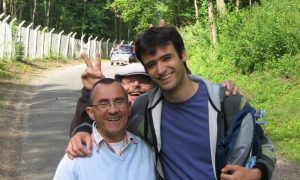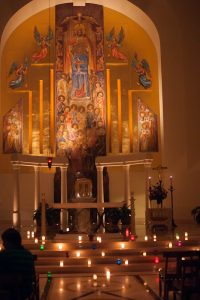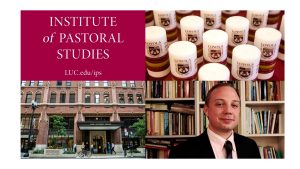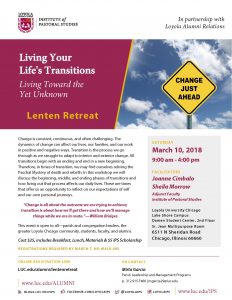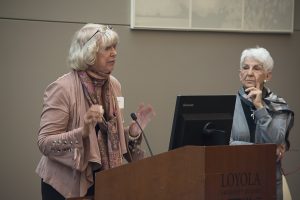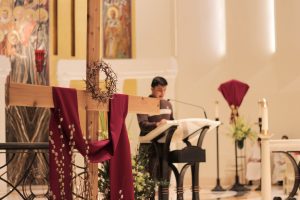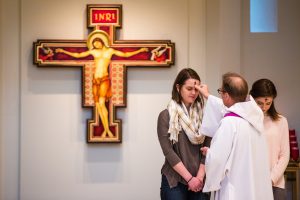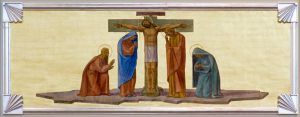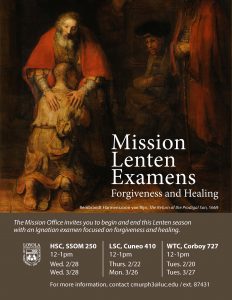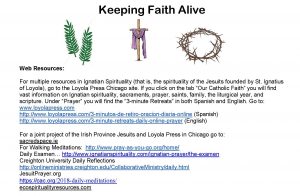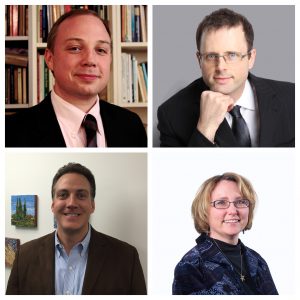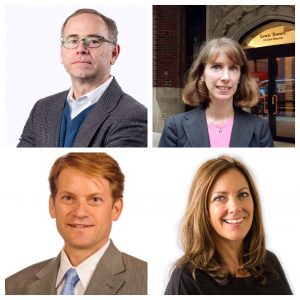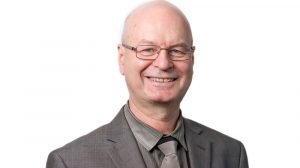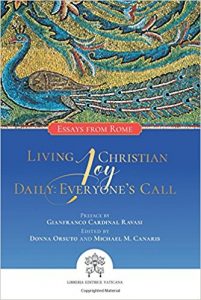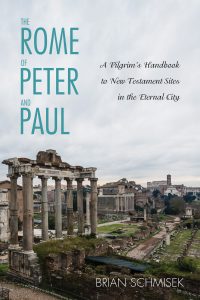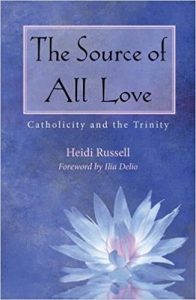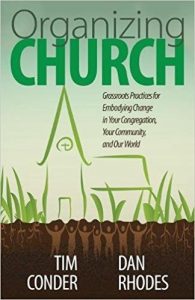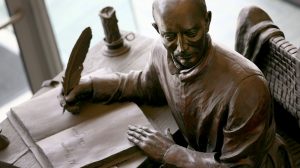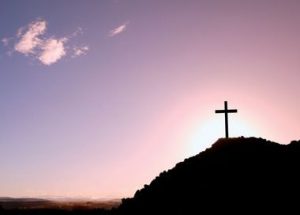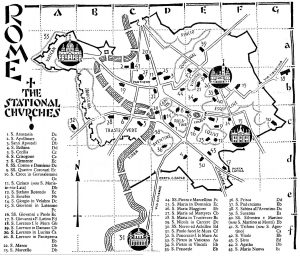Supporting leadership conversations and theological engagement with the Jesuit mission
The Institute of Pastoral Studies at Loyola University Chicago is proud to announce the second installment of a $250,000 planning grant from the Henry Luce Foundation. This grant will launch in September 2019 the Ignatian Legacy Fellows Program, a unique national program for retiring and retired, executives, professionals, and organizational leaders.
Retirement is a new vocational moment; it is an invitation to a wisdom transition to engage proactively the leadership challenges of aging, meaningfully. This program has a trident strategy of attending to the personal journey, examining the past to turn experience into wisdom for legacy planning. The program integrates the Spiritual Exercises of St. Ignatius as a tool for discerning vocational choices and decision making. The second prong of the trident strategy embraces a twenty-five-person cohort that will accompany each other on this year-long journey and engage in leadership dialogues about their new or evolving roles while becoming an encore learning community for the long term. The last prong of this trident process is engagement with significant mission driven institutions and ministries of the Society of Jesus.
Through the year, these fellows will involve the institutional leaders in real leadership conversations, listening to the challenges of running mission-driven, nonprofit, values-based organizations within the largest global educational network of universities and high schools. Thus one discovers that this is not a residential university program, but a spirited, Jesuit collaborative program on the move.
This Ignatian Fellows’ three continent journey will begin with a four-day residency hosted by the Institute of Pastoral Studies at Loyola in September, 2019, then continue in November, 2019 with a four day residency hosted by the Jesuit School of Theology and Ministry at Santa Clara University. In January, 2020, the cohort will experience a four day social immersion in Lima, Peru, followed by a March, 2020 four day residency hosted by the Boston College School of Theology and Ministry. The cohort will then meet for a four-day residency hosted by the McDonough School of Business at Georgetown University and finally a ten day excursion to Spain and concluding in Rome with a leadership conversation with the Jesuit Global Higher Education leadership team and the sharing of insights and observations from their year together. Between sessions there will be assigned reading and opportunities to dialogue using the Ignatian Colleagues Program and platform. Ultimately, this inaugural group of Ignatian Legacy Fellows will become Founders of the Ignatian Society of Fellows, an alumni community that will continue to convene around leadership conversations to foster the work of the Society of Jesus.
